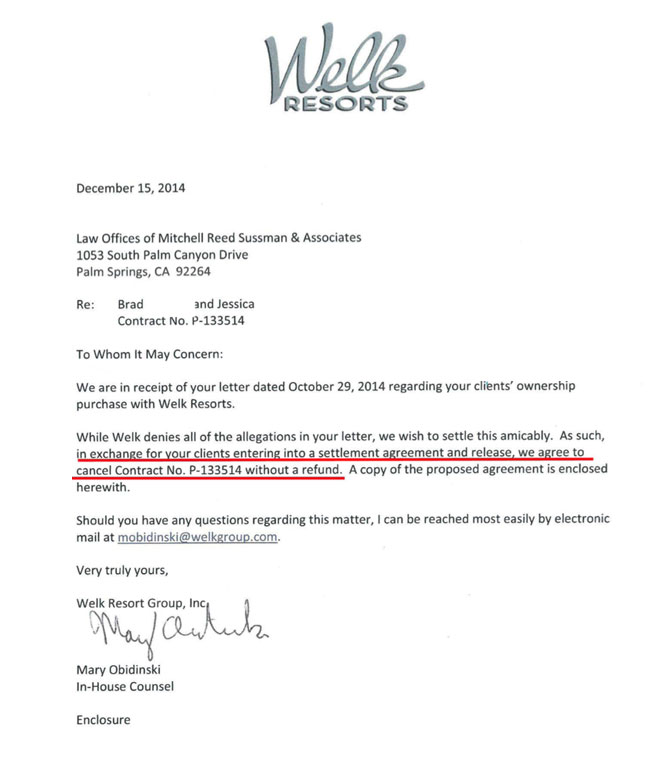Residential or commercial property with a specific form of ownership or usage rights Barnsdale Hall Hotel (UK) timeshare lodges. On the grounds of the Best Western Hotel are a variety of lumber A-frame chalets. A timeshare (in some cases called vacation ownership) is a property with a divided form of ownership or usage rights. These homes are typically resort condominium units, in which multiple parties hold rights to use the property, and each owner of the same lodging is allotted their time period. Units might be offered as a partial ownership, lease, or "ideal to use", in which case the latter holds no claim to ownership of the home.
The term "timeshare" was created in the United Kingdom in the early 1960s, expanding on a trip system that became popular after World War II. Villa sharing, also referred to as vacation house sharing, involved four European families that would buy a getaway cottage jointly, each having exclusive usage of the residential or commercial property for one of the 4 seasons. They turned seasons each year, so each household took pleasure in the prime seasons equally. This concept was primarily utilized by associated households since joint ownership needs trust and no residential or commercial property supervisor was included. what happens in a timeshare foreclosure. Nevertheless, couple of households trip for an entire season at a time; so the vacation house sharing properties were often uninhabited for long durations.
It took nearly a years for timeshares in Europe to evolve into an efficiently run, effective, business endeavor. The first timeshare in the United States was started in 1974 by Caribbean International Corporation (CIC), based in Fort Lauderdale, Florida. It used what it called a 25-year vacation license instead of ownership. The business owned two other resorts the getaway license holder could alternate their holiday weeks with: one in St. Croix and one in St. Thomas; both in the U.S. Virgin Islands. The Virgin Islands properties started their timeshare sales in 1973. The contract was basic and straightforward: The business, CIC, promised to keep and supply the defined accommodation type (a studio, one bed room, or 2 bedroom unit) for usage by the "license owner" for a duration of 25 years (from 1974 to 1999, for instance) in the specified season and variety of weeks concurred upon, with just two additional charges: a $15.
The agreement had a $25. 00 changing charge, should the licensee choose to utilize their time at one of the other resorts. The contract was based upon the truth that the expense of the license, and the small per diem, compared with the Informative post forecasted increase in the cost of hotel rates over 25 years to over $100. 00 per night, would save the license owner many getaway dollars over the span of the license contract. In between 1974 and 1999, in the United States, inflation enhanced the existing cost of the per diem to $52. 00, verifying the cost savings assumption. what does float week mean in timeshare.

The only terms was that the $15. 00 daily must be paid every year whether the system was occupied or not. how to use my wyndham timeshare. This "should be paid annual fee" would become the roots of what is understood today as "upkeep fees", once the Florida Department of Property became involved in managing timeshares. The timeshare concept in the United States captured the eye of numerous business owners due to the huge profits to be made by offering the very same space 52 times to 52 different owners at an average rate in 19741976 of $3,500. 00 weekly. Quickly thereafter, the Florida Realty Commission stepped in, enacting legislation to control Florida timeshares, and make them fee simple ownership deals.
Timeshare Loans What If Defaulted - The Facts

This charge basic ownership Helpful hints also spawned timeshare area exchange business, such as Period International and RCI, so owners in any given area could exchange their week with owners in other locations. Cancellations, or rescission, of the timeshare contract, stay the market's biggest problems to date; [] the difficulty has actually been the topic of comedy in popular home entertainment. The industry is regulated in all countries where resorts are located. In Europe, it is regulated by European and by national legislation. In 1994, the European Neighborhoods adopted "The European Directive 94/47/EC of the European Parliament and Council on the protection of purchasers in regard of certain aspects of agreements associating with the purchase of the right to utilize unmovable residential or commercial properties on a timeshare basis", which went through recent evaluation, and led to the adoption on the 14th of January 2009 on European Directive 2008/122/EC.
The new guidelines are laid out in the Official Mexican Standard (NOM), which includes a series of main standards and regulations suitable to diverse activities in Mexico. The following institutions were involved throughout the brand-new standardization: NOM is formally called: "NOM-029-SCFI-2010, Business Practices and Info Requirements for the Making of Timeshare Service". It established the following requirements: Marketing business are not enabled to provide presents and obtain for prospective timeshare owners without clearly specifying the real purpose of the deal. The requirements to cancel a timeshare contract needs to be more practical and less troublesome. NOM recognizes the personal privacy rights of timeshare customers.
Spoken promises need to be written and established in the initial timeshare agreement. The Go to this site timeshare supplier must comply with all responsibilities composed in the timeshare contract, along with the internal guidelines of the timeshare resort. The charges that are meant to be made to the consumer should be clearly and plainly specified on the timeshare application types, consisting of the membership expense, and all additional costs (upkeep fees/exchange club charges). To make the new guidelines appropriate to anyone or entity that provides timeshares, the meaning of a timeshare service company was considerably extended and clarified. If the timeshare supplier does not follow the rules decreed in NOM, the consequences might be significant, and might include punitive damages that can vary from $50.
00 Owners can: [] Use their usage time Lease out their owned usage Give it as a present Contribute it to a charity (ought to the charity choose to accept the problem of the associated maintenance payments) Exchange internally within the exact same resort or resort group Exchange externally into countless other resorts Sell it either through conventional or online marketing, or by utilizing a certified broker. Timeshare agreements enable transfer through sale, however it is rarely achieved. Recently, with most point systems, owners may elect to: [] Appoint their use time to the point system to be exchanged for airline tickets, hotels, travel plans, cruises, theme park tickets Instead of renting all their real usage time, rent part of their points without in fact getting any use time and utilize the remainder of the points Rent more points from either the internal exchange entity or another owner to get a larger system, more trip time, or to a much better location Save or move points from one year to another Some developers, nevertheless, might limit which of these options are readily available at their particular residential or commercial properties.